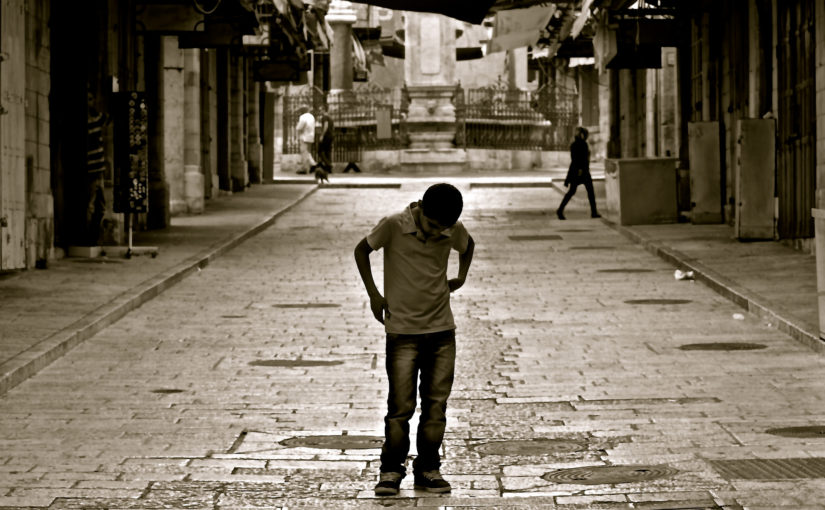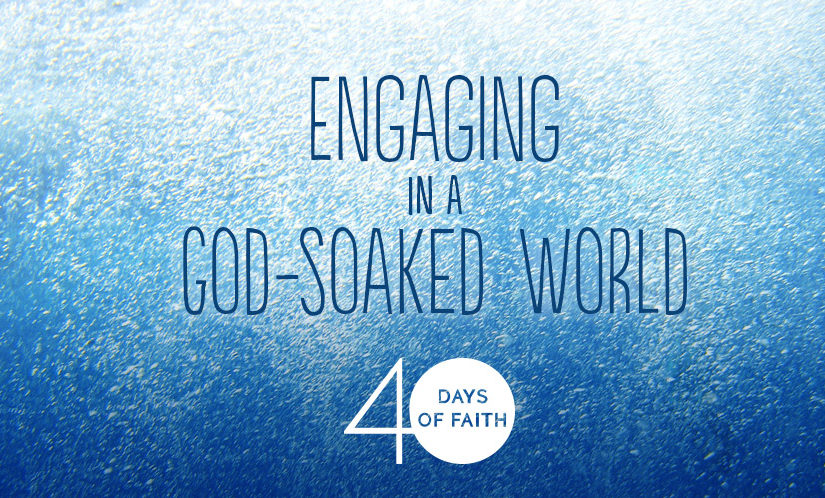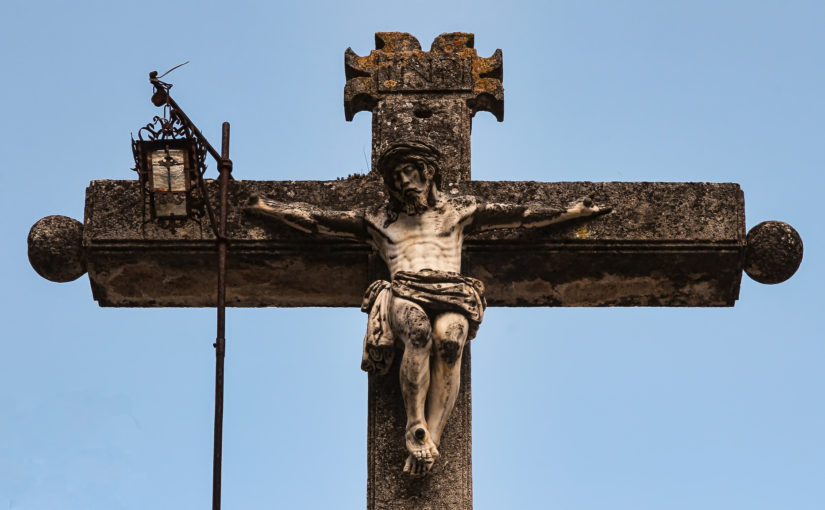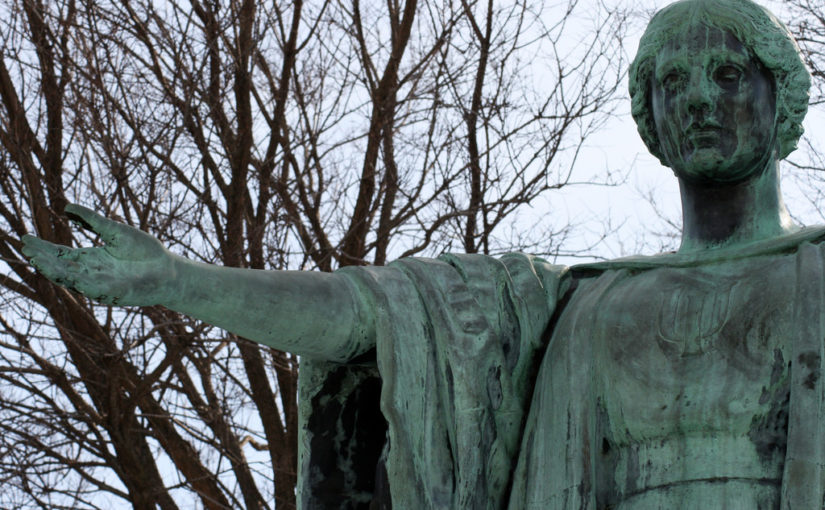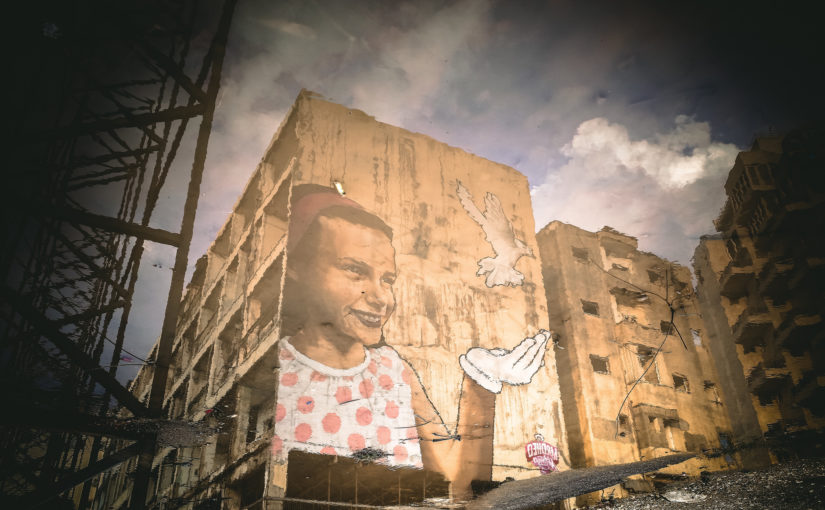Tuesday, April 11 – Acts 4:32-37
32 Now the whole group of those who believed were of one heart and soul, and no one claimed private ownership of any possessions, but everything they owned was held in common. 33 With great power the apostles gave their testimony to the resurrection of the Lord Jesus, and great grace was upon them all. 34 There was not a needy person among them, for as many as owned lands or houses sold them and brought the proceeds of what was sold. 35 They laid it at the apostles’ feet, and it was distributed to each as any had need. 36 There was a Levite, a native of Cyprus, Joseph, to whom the apostles gave the name Barnabas (which means “son of encouragement”). 37 He sold a field that belonged to him, then brought the money, and laid it at the apostles’ feet.
Points of Interest:
- In response to the teaching, enthusiasm, boldness, and public confrontations of the apostles in Jerusalem, thousands have been attracted to a Jesus-centered faith in the early months after Jesus’ ascension. Naturally, communities are forming as well. They face scandal and difficulties, but also find tremendous mutual support and encouragement from one another. We pause to look at what the upside was like here.
- At first, the group seems to be living an idealized version of small-scale communism. Depending on your inclinations and experiences, the phrases “no one claimed private ownership” and “everything they owned was held in common” might sound either creepy or appealing. A few differences stand out, though, between this early community and a cult on the one hand or a communist state on the other.
The statement about shared ownership seems more descriptive of a general attitude than literal fact. People are still selling things and sharing the proceeds with the community, so some type of private property persists. There’s also shared leadership, not a single, dominant leader. The point seems more about a treasured moment of generous life together than it is about a new and permanent model for religious community. The very next chapter of Acts, in fact, will identify some early problems in this model.
- Other than the generosity, in Barnabas, we see another winsome quality of this early faith community: encouragement. Members of these communities faced significant opposition and misunderstanding, so it helped if they could inspire and encourage one another, as it seems they did.
- This description of community life seems a bit rose-colored and nostalgic to me. Even if it is idealized, though, the basic qualities of generosity and encouragement it attests to would persist in Jesus-centered faith communities for centuries. Our early sources are biased, but consider these two second century descriptions of early churches and their members.
- From “The Epistle to Diognetes” from the early second century: “They dwell in their own countries, but simply as sojourners. As citizens, they share in all things with others and yet endure all things as if foreigners. Every foreign land is to them as their native country, and every land of their birth as a land of strangers. They marry, as do all others; they beget children; but they do not destroy their offspring. They have a common table, but not a common bed. They are in the flesh, but they do not live after the flesh. They pass their days on earth, but they are citizens of heaven. They obey the prescribed laws, and at the same time surpass the laws by their lives. They love all men and are persecuted by all. They are unknown and condemned; they are put to death and restored to life. They are poor yet make many rich; they are in lack of all things and yet abound in all; they are dishonored and yet in their very dishonor are glorified.”
- From “The Apology of Tertullian” from the late second century: “On the monthly day, if he likes, each puts in a small donation; but only if it be his pleasure, and only if he be able: for there is no compulsion; all is voluntary. These gifts are . . . not spent on feasts, and drinking-bouts, and eating-houses, but to support and bury poor people, to supply the wants of boys and girls destitute of means and parents, and of old persons confined now to the house; such, too, as have suffered shipwreck.”
I especially like the bit about looking after shipwreck victims. I wonder how large that need was around the Mediterranean world.
- Here’s a contemporary writer, a historian and sociologist of religion, commenting on the impact of the radical generosity of early Christian communities: “Christianity served as a revitalization movement that arose in response to the misery, chaos, fear, and brutality of life in the urban Greco-Roman world. . . . Christianity revitalized life in Greco-Roman cities by providing new norms and new kinds of social relationships able to cope with many urgent problems. To cities filled with the homeless and impoverished, Christianity offered charity as well as hope. To cities filled with newcomers and strangers, Christianity offered an immediate basis for attachment. To cities filled with orphans and widows, Christianity provided a new and expanded sense of family. To cities torn by violent ethnic strife, Christianity offered a new basis for social solidarity. And to cities faced with epidemics, fire, and earthquakes, Christianity offered effective nursing services. . . . For what they brought was not simply an urban movement, but a new culture capable of making life in Greco-Roman cities more tolerable.” (Rodney Stark,The Rise of Christianity, Princeton University Press, 1996, page 161.)
To me, this sounds timely and appealing and not very much like much of the expression of Christian community in my country and my lifetime.
Prayer for our six – Pray that each of your six would experience mutuality and generosity in whatever communities they are part of. Pray that their exposure to Jesus-centered faith communities, however small or large, would include a vision of the love and generosity of Jesus.
Spiritual Exercise – This week our spiritual exercise will be focus on hearing an invitation from the Spirit of God to a joyful life and welcoming the power of the Spirit of God to that end. What positive or joyful experience have you had with a faith community? What experiences of joy have you had with the giving or receiving of radical generosity? Ask God to give you the power of the Spirit to be radically generous to others and to accept such generosity when it is freely offered to you. Ask God to also, by the power of God’s Spirit, birth radical generosity and love in whatever faith community you are a part of.



